‘Being’ As the New Paradigm
The old story of separation that is at the core of our cultural program until now has shaped our development model’s priority: that of “having,” measured in countries’ GDP, which still prevails as the metric for assessing countries’ relative levels of development. This focus has created an imbalance, a relative inner underdevelopment, an ethical crisis that threatens our future. We need a more integral development, which is not merely focused on the external material dimension but a truly human development with the inner dimension at its center. It should represent a second stage of investment in human development, emphasizing not only physical and mental development through health and education, but also emotional, psychological, ethical, and aesthetic—which is to say spiritual—development. We need to move from having to being, which many believe means interbeing.
This need for a more integral development is generally emphasized, among others, by religious organizations. The interreligious statement at the Rio +20 Conference claims that “to make development truly sustainable, our economic, scientific, and technological accomplishments should assist the processes of individual and collective, psychological, and spiritual development. We must reorient our economic bottom line to support this full human development if we wish to live in a flourishing Earth community.”
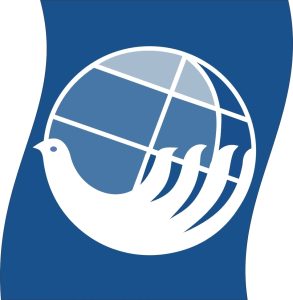
In the same document, they use a statement from the Earth Charter: “When basic needs have been met, human development is primarily about being more, not having more.” This is congruent with Ronald Inglehart’s observations, according to which, in “developed countries” over the last decades, there has been a transition from materialist to postmaterialist values, and more generally from survival to self-expression values. It is also consistent with the work of American psychologist Albert Maslow, who distinguished “being” (or “growth”) needs and “deficiency” needs.
The latter include physiological, safety, belongingness, and love, as well as esteem needs; the motivation to meet them decreases with their fulfillment. The former, which stands at the top of its pyramid of needs, relates to self-actualization (achieving one’s full potential), and the motivation to fulfill these needs increases as they are met. Finally, happiness science confirms the primacy of “being” needs once basic needs are met.
Being is not only the way for societies to balance their power and ensure social harmony but also for individuals to thrive. Going beyond the view of an integral development, in which there is a balance between our material needs and our inner needs, this statement seems to put emphasis on “being” over “having” once basic needs have been met. In fact, inner growth is also the key to meeting “basic needs” as conveyed by the Indian spiritual and humanitarian leader Amma:
In today’s world, people experience two types of poverty: the poverty caused by lack of food, clothing and shelter, and the poverty caused by lack of love and compassion. Of these two, the second type needs to be considered first—because, if we have love and compassion in our hearts, then we will wholeheartedly serve those who suffer from lack of food, clothing and shelter.
In fact, “being” precedes “having.” We are spiritual beings having a human experience with material needs. ‘Having’ is a material condition to being. It is a means, not an end. That is why, together with the current imbalance between “being” and “having,” I propose that we emphasize “being” as the new paradigm. This applies to any country, independent of its economic development level. Even though part of the underlying rationale (e.g., Inglehart and Maslow’s analyses) makes it particularly relevant to countries with higher income levels, investing in personal development at scale can also have an important positive impact on the development of poor countries, as shown by the example of Nordic European countries in the nineteenth century. The politics of being needs to be adapted to the prevailing cultural and socioeconomic conditions but, for the sake of clarity, I will not address this in detail here.
“Being” poses the question of our true nature. First, every major spiritual tradition teaches us that we are connected at the level of our being. I often use the term “interbeing,” a Buddhist way of understanding this nature, but it can also be called “relational,” something that is more and more recognized in human science. We are made of relationships. From birth, we develop our identities and potential through relationships, and we live our lives and flourish within relationships.
Secondly, the question is about the good or meanness of human nature. On the one hand, our spiritual nature makes us fundamentally good. On the other hand, as human beings living in the historical reality, we have the potential for goodness and meanness. Our culture and social institutions play an important role in helping us manifest one or the other.
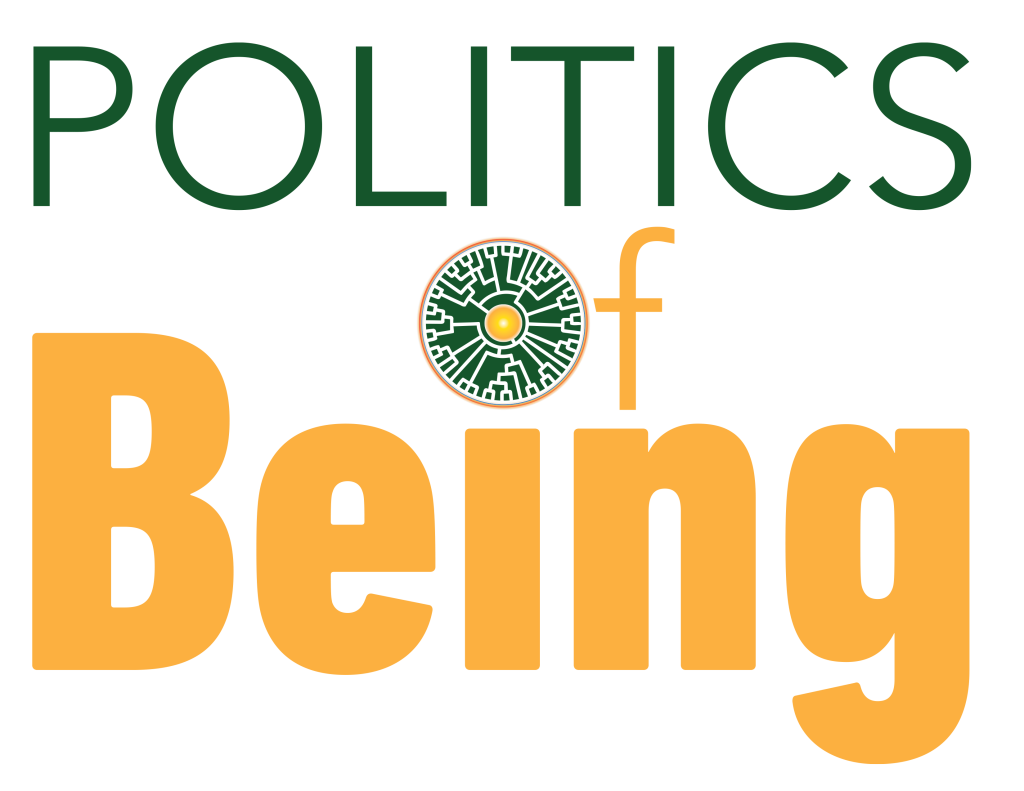
How would a more spiritually advanced civilization be governed? I personally believe it would be based on the simple insight that all our problems come from within us, from our minds and hearts, and can be solved by us. That is why such a civilization would partner with evolution and put at the center of its efforts the inner development of its members in a continuous process. A wiser civilization would know that by organizing itself in a way that honors the highest values and waters the best seeds in everyone—truth, freedom, justice, respect for life, happiness, love, peace— it could best support its flourishing and that of societies’ members.
Social sciences are increasingly pointing toward this truth. Elinor Ostrom, who is probably the most respected scholar in the field of institutional analysis, summarized the most important lesson she has learned through her work by arguing that “a core goal of public policy should be to facilitate the development of institutions that bring out the best in humans.” I call this wisdom-based approach to politics, which places being as its main objective and means, “the politics of being.” Here, “being” means the fulfillment of all beings and, for humans, the realization of our full potential, that is to say of our highest and truest being. Our highest being refers to the development of inner values, virtues, or qualities, while our truest being relates to the process of becoming who we really are. They both converge in the manifestation of our true interbeing nature.
The emphases on highest and truest being complete, balance, and ultimately meet each other. Focusing only on our highest being is neither healthy nor sustainable. Self-improvement comes with many pitfalls (e.g., ego strengthening, disconnection from oneself, masking deeper problems, etc.). At the social level, the exclusive focus on righteousness can foster a hypocritical morality when it fails to recognize that it is natural and fine to make errors, which are necessary parts of any evolutive process. People at all developmental stages should feel respected and supported in their journey. This focus could also slip into legitimizing new forms of social control. The social credit system in China offers us a glimpse of such risk. It assesses the trustworthiness of individuals, companies, and government entities, and, based on their scores, offers rewards and punishments. Reciprocally, when the subjective quest to become who we are does not lead us to objectively develop the best in ourselves, as is often the case in individualistic societies, it is a vain attempt and comes with many social ills.
This definition of “being” makes it similar to other terms that I also use at times. They include spiritual or inner development, self-actualization, human flourishing, or eudaimonia. All the dimensions of being, as well as our relational nature, need to be considered. Thus, being is about “realizing one’s unique potential through physical, emotional, mental, and spiritual development [ … ] in relation to self, others and the environment.” The politics of being recognizes that life is a spiritual journey and aims at aligning our institutions with our true reason for being here on Earth: becoming who we are, the best and most complete version of ourselves. Societies can help us “be” by offering the means to fulfill our deepest healthy aspirations, through institutions grounded in the (inter)being paradigm.
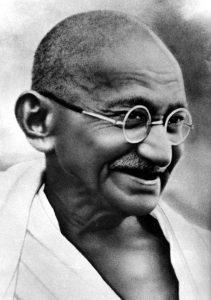
Spiritual teachings tell us that we cannot separate the means from the end. “There is no way to happiness; happiness is the way,” the Buddha once supposedly said. “There is no way to peace; peace is the way,” said both Gandhi and Christian American pacifist A. J. Muste. Well, then … there is no way to being; being is the way! Being is a path, an endless process of unfolding. Many socialist regimes during the twentieth century hoped to produce a “new man” but failed. Our societies can’t make us mechanically more conscious, more mature human beings just by getting institutions right. Bad minds and hearts can corrupt the most perfect institutions on paper. Nonetheless, our institutions should embody and facilitate this inner change, which remains, at the end, every person’s choice.
Institutions are often defined as “rules of the game” and include laws, policies, organizations, social practices, etc. They should be designed in a way that favors the daily experience, practice, and nourishment of the greatest qualities in each individual—our capacity for cooperation, love, awareness, harmony, respect, and creativity rather than for greed, competition and selfishness. Virtues are developed through practice, as sages from Buddha to Aristotle have long taught. These in turn can help to refine, adapt, and wisely implement our institutions. When our current institutions try to fill our needs and address the challenges we face through solutions based on competition, greed, and selfishness, that is to say, through more separation, they only strengthen the root causes of the very problems they want to solve. Our institutions should provide solutions that are based on cooperation, intrinsic motivation, and positive emulation, our sense of solidarity and interbeing, our need for connectedness and creativity.
Our social engineering is based on minimal expectations of human nature, as if these “conservative” assumptions provided a more solid basis for our institutions. The technical mentality believed that by developing our social rules and practices with the assumption we are all selfish, we would be shielded from any bad surprises. It turned out that our institutions tend to produce realities that reflect their assumptions about human nature and actually make us more selfish and separate from one another. We can no longer afford not to cultivate and tap into our human potential. The solutions to our problems could build on this potential, rather than relying more and more on technologies, machines, and standardized processes only.
Vlady Stevanovitch (1925–2005), who founded the “inner path school” where I first learned tai-chi-chuan, once wrote about acupuncture, which he practiced himself. He had read that researchers had discovered (who knows how?) that the best acupuncturists are the ones most in touch with their inner center, called Tang Tien or Hara, which is both an energetic and physical gravity center located inside our body, a bit lower than the belly button. From their own paradigm, the researchers came to the logical conclusion that there should be a way to decrease this human variability, and we should focus our efforts on finding how to do that.
Well, from our own paradigm of “being,” we would rather, together with Vlady, establish the conditions to better train acupuncturists so that they can develop this capacity, a treasure that has been patiently cultivated by great masters for thousands of years and passed on to us. I believe that in doing so, they would not only become better acupuncturists, but probably also healthier, happier people, deeply connected to themselves, life, and others, who can better contribute to society, including by sprucing vibrations up here and there! The human dimension is not something we need to eclipse as the technical mentality suggests; it is the real potential for societies to develop and tap into.
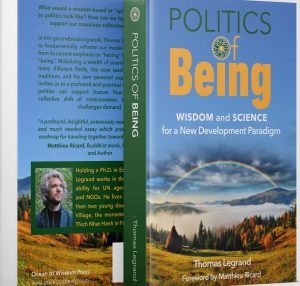
Excerpted from Politics of Being, Ocean of Wisdom Press, 2021. Reprinted with permission.
“An awakening journey into our human and social potential, Politics of Being charts the way for a truly human development in the 21st century, one to reconcile our minds and hearts, and the whole Earth community. Decision and policy-makers, scholars, sustainability and spiritual practitioners, social activists and citizens will benefit..”


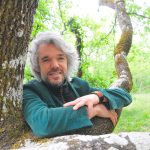


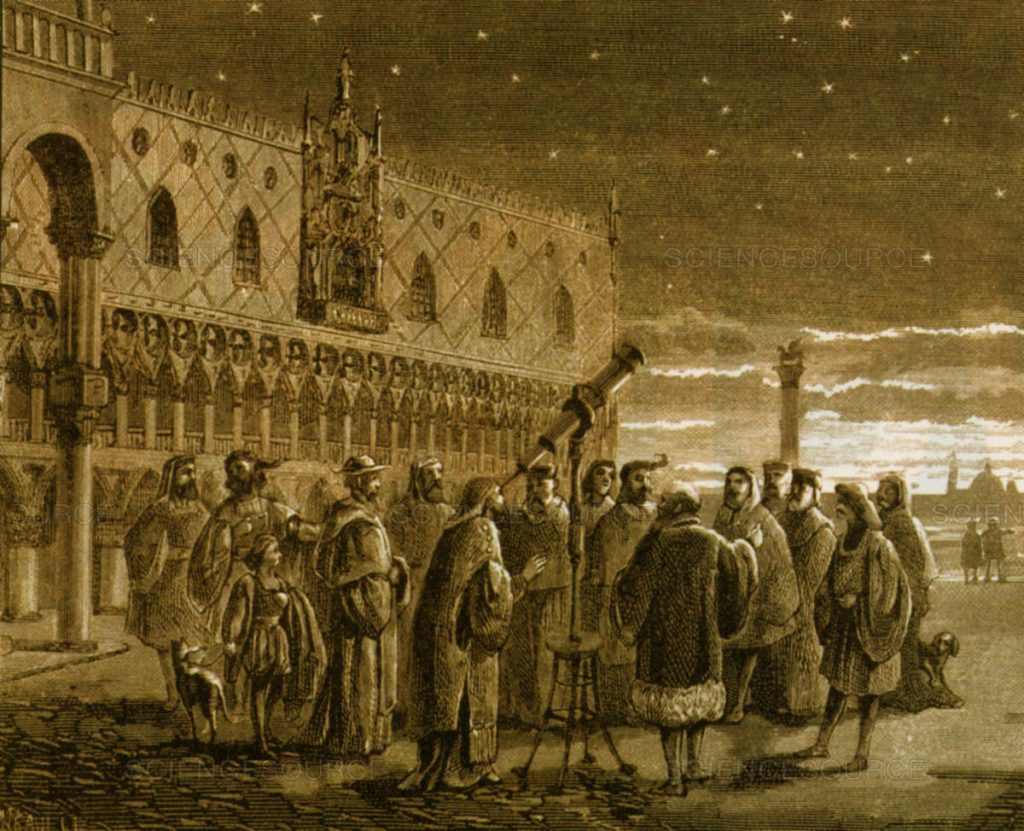

Hi,
this is a wonderful article, but I was rather surprised to hear you haven’t come across any precedents for the politics of being.
Establishing the fundamental reality of Being as the essence of he universe, Sri Aurobindo spent 40 years crafting what might be called a “politics of being,” particularly as articulated in “The Human Cycle” and “The Ideal of Human Unity.”
I suppose you might say he has some “street cred,” as he was the first in the early 1900s to call directly for complete independence from Britain for India. Perhaps not coincidentally, India’s Independence Day is celebrated on his birthday, August 15. As another example of his prescience, many have observed if both Indian and British politicians had followed suggestions he made in the early 1940s to include Muslims in the ruling parties of India, it is a very good chance the India-Pakistan partition would never have happened.
“The Human Cycle” is a much easier read, and I strongly recommend anyone who wishes to see some of the most profound spiritual-political vision ever written, to take a look. If you search for the title, it should be easy to find and download a free copy.